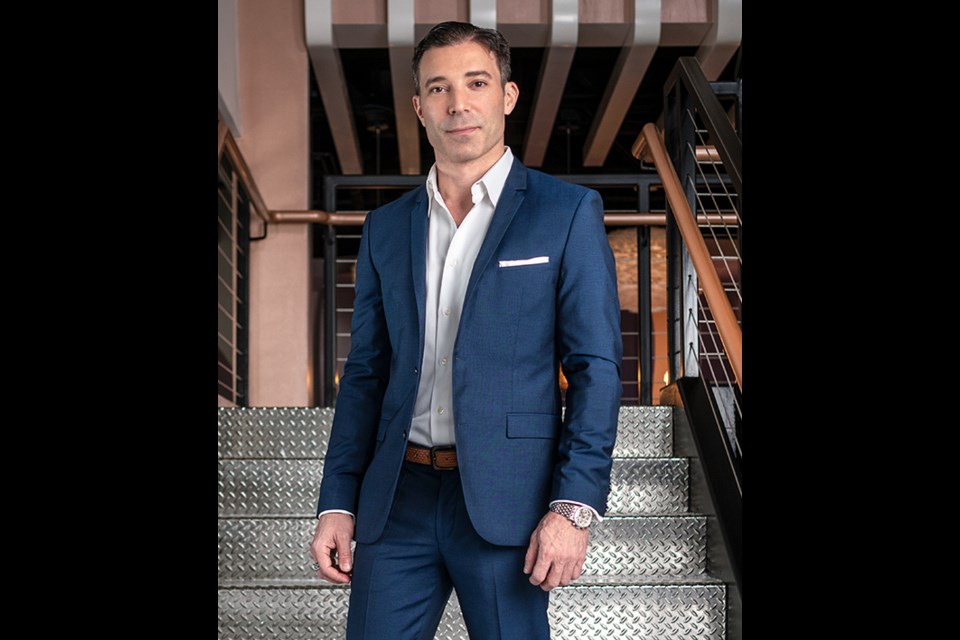As temperatures rise, you may find yourself outside more often to enjoy the Arizona weather, but are you doing so safely? Skin is the largest organ on the human body, so it’s important to use sunscreen to protect it from the sun’s harmful rays that can leave you with sun damage, wrinkles and cancer. Learn the truth behind these five myths to keep your skin looking and feeling great this summer.
1. All sunscreen is the same. There are chemical blocks (ingredients such as avobenzone, octinoxate and oxybenzone) and physical blocks (minerals such as titanium dioxide, zinc oxide). The chemical blocks go on easier but take 30 minutes to become active and thus you are unprotected for 30 minutes if you put it on when already outside. The physical blocks are a little thicker but provide the best protection (reflect the UV rays off your skin) and work instantly. Also, be aware that the chemical blocks can expire and the by products are thought to have carcinogenic properties so don’t use old chemical block sunscreens or a bottle that has been in your car all summer as heat makes the chemical blocks expire sooner.
2. Base tans protect your skin. A tan is your body’s response to being damaged by UV rays. A base tan gives little to no protection against the sun as it only provides the equivalent to SPF 4. For reference, a white shirt provides roughly SPF 7. Whether you have a tan from a tanning bed or being outside, you’re damaging your skin.
3. People with dark skin don’t need sunscreen. People with more melanin in their skin have a lower risk of getting skin cancer, however they can still get sunburnt. Melanin does not fully protect the skin against UV rays and if you continuously expose your skin you can look 5-10 years older. In addition, those with dark skin need to be mindful of any sun damage as it can be harder to detect signs of skin cancer.
4. Sunscreen is waterproof. Unfortunately, no sunscreen is 100 percent waterproof. Products labeled as waterproof or sweatproof may stay on the skin longer, but ultimately needs to be reapplied after getting in water or working up a good sweat.
5. You don’t need sunscreen when it’s cloudy. It’s important to wear sunscreen even if it’s cloudy or rainy. Clouds don’t block UV rays, so your skin is just as susceptible to damage as it would be on a sunny day. Always take the time to apply and reapply as you normally would when you’re spending time outside.
While sunscreen is important year-round, it’s even more critical to use it during summer months when the sun is strong. Incorporate it into your daily routine and your skin will thank you.
Pablo Prichard, M.D. has been the chief of plastic surgery at Honor John C. Lincoln Hospital for 14 years, medical director for plastic surgery and is senior partner at Advanced Aesthetics Associates. Dr. Prichard serves more than 2,000 patients every year and has specialized in both reconstructive and cosmetic procedures. For more information, visit drprichard.com and follow on Instagram @pabloprichard.



